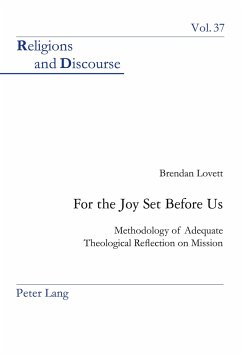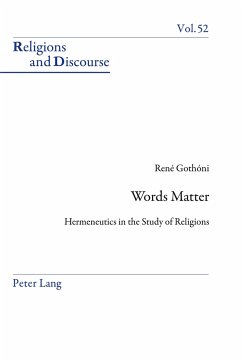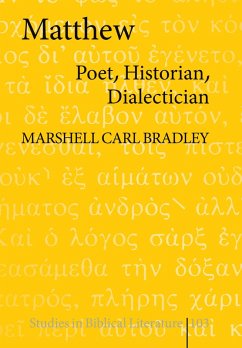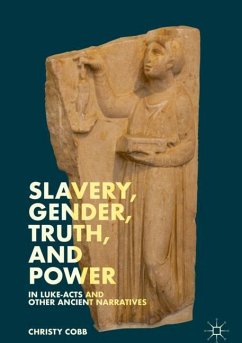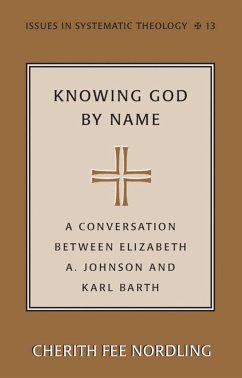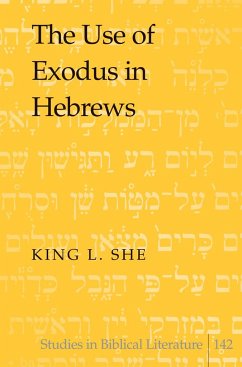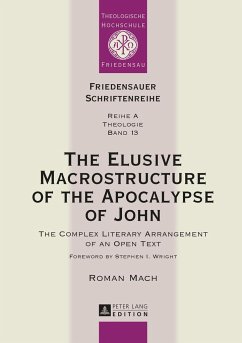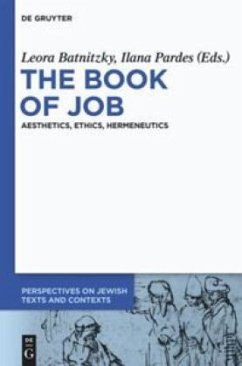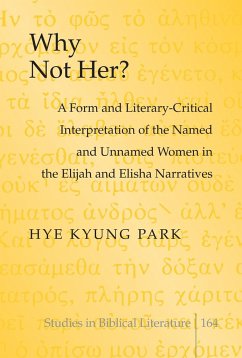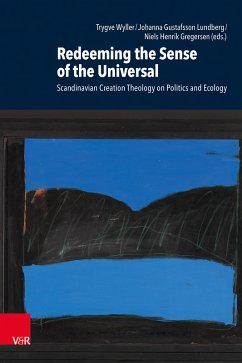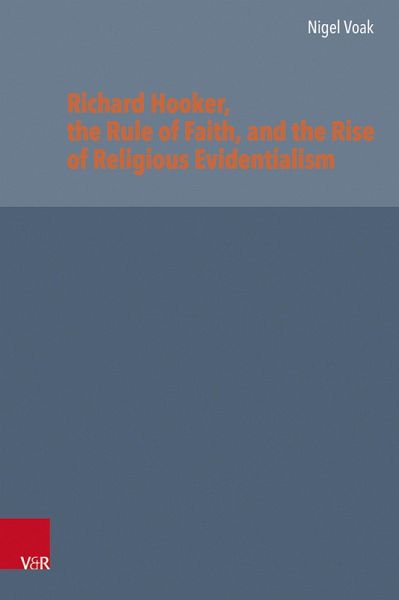
Richard Hooker, the Rule of Faith, and the Rise of Religious Evidentialism

PAYBACK Punkte
0 °P sammeln!
Nigel Voak examines the genesis and evolution of religious evidentialism in England from 1585 to 1700, a deeply influential epistemology which claims that religious beliefs are only justified to the extent that we have evidence to substantiate them, and that we have an obligation to proportion our assent to the strength of our evidence. Given the propositions of faith lack the evidentness of objects of scientific knowledge, absolutely certain assent to such beliefs is therefore epistemically unjustifiable.This epistemology, which breaks with the previous Christian tradition, is classically for...
Nigel Voak examines the genesis and evolution of religious evidentialism in England from 1585 to 1700, a deeply influential epistemology which claims that religious beliefs are only justified to the extent that we have evidence to substantiate them, and that we have an obligation to proportion our assent to the strength of our evidence. Given the propositions of faith lack the evidentness of objects of scientific knowledge, absolutely certain assent to such beliefs is therefore epistemically unjustifiable.This epistemology, which breaks with the previous Christian tradition, is classically formulated in John Locke's An Essay concerning Human Understanding (first edition 1690). This study argues that this epistemology of belief can be traced back to the English theologian Richard Hooker (1554-1600), whose thought was then developed over the course of the seventeenth-century Rule of Faith Controversy, which acted as the crucible for these new ideas on faith, evidence and certainty.Voak shows that the key thinkers in this process, including Locke himself, were aware that this epistemology came from Hooker, and used him in formulating their own influential positions.




